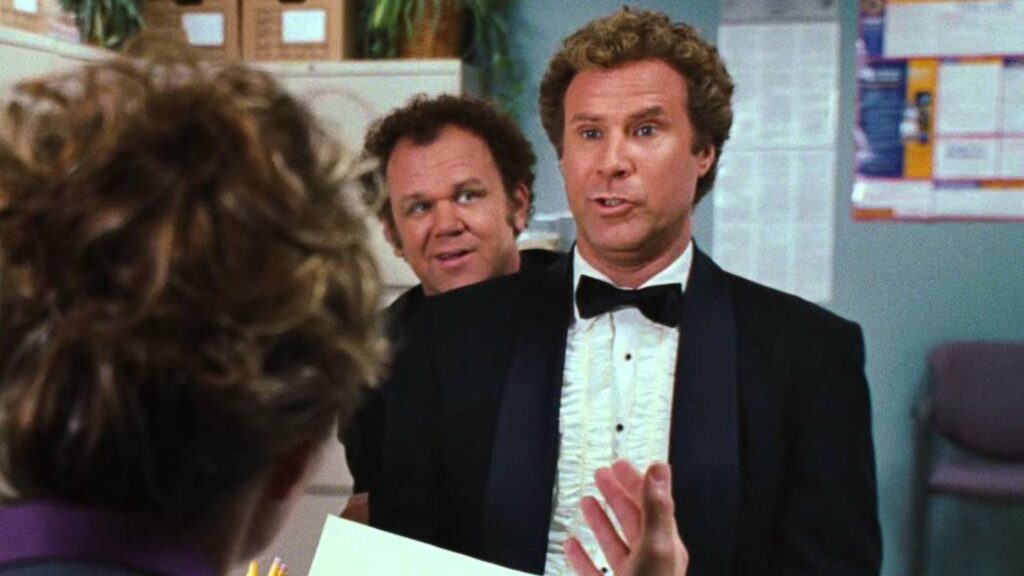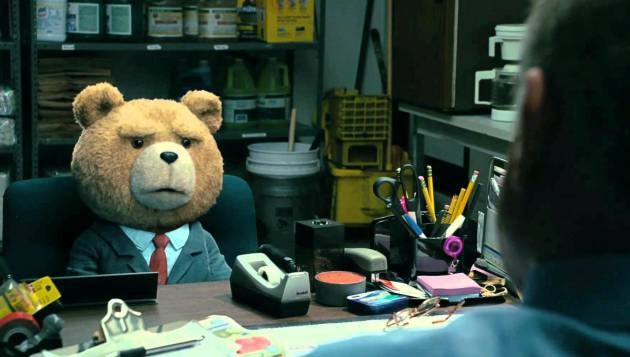7 Warning Signs of a Bad Candidate During a Job Interview

TL;DR
A job interview is a two-way street for both employers and employees. Companies and recruitment agencies have the opportunity to vet candidates, choosing people who are best aligned with their organizations.
Both employers and candidates have an incentive to show their best side during the interview process.
As an employer, ideally, you want to find the right match for skills, interests, and corporate culture.

By knowing which red flags to look out for, you can avoid committing yourself to an undesirable situation.
Everyone makes mistakes. Investing in the wrong hire might be one of them. A survey by CareerBuilder suggests roughly 75% of employers have hired the wrong person.
With the high costs of recruiting, onboarding, and training, bad hires are something employers prefer to avoid.
By proactively watching out for warning signs during the interview process, employers improve their chances of making the right hire, the first time.
Ask yourself if what’s demonstrated in interviews is supposed to be a candidate’s best, what might be their worst? Watch for these warning signs.
1. Late for interviews or consistently rescheduled
Things happen, traffic, weather, or any number of delays, but if a candidate arrives late without calling or offering a valid explanation for lateness, consider this a warning they may consistently be late once hired.
Additionally, watch out for numerous reschedules of the interview. Again, events sometimes happen, but a candidate rescheduling multiple times displays poor time management and a lack of respect for the employer’s time.
2. Offers rambling, vague, and contradictory answers
Pay attention to how a candidate speaks. Those who ramble, are vague, and/or consistently stray off-topic may be trying to obfuscate their lack of experience.
Another red flag is if a candidate fails to elaborate or provide details related to a technical question. For example, if you ask a candidate what tools they used to automate a manual process and they don’t mention any specific tool or platform, well, that’s a major red flag!
Also, beware of potential hires who contradict claims made in their resume, cover letter, application, or in person – this suggests the candidate isn’t just slightly embellishing to look good, they’re possibly lying.
3. Avoids eye contact
Interviewees who avoid looking at interviewers suggest a lack of confidence, or they’re being evasive. Even if nervous, excited candidates typically make eye contact with employers.
The only caveat to this is if the candidate is neurodivergent. If that’s the case, please try to be accommodating and respectful.
4. Uses slang or swears

How a candidate speaks to the interviewers is how they’ll probably speak to clients, customers, vendors, colleagues, and others.
Employers should consider the level of professionalism and respect they want to maintain in their workplaces.
5. The candidate does not know your company or avoids asking any questions
Before the Internet, it was possibly OK to enter an interview without knowing the full scope of an organization, but today there’s no good excuse for a candidate not to have done at least cursory research.
At a minimum, candidates should know what the company they are interviewing for does.
Great candidates go beyond research, they’ll prepare questions. They’ll inquire about the job description, seek out more details about their role, or ask about the day-to-day work environment.
Unprepared interviewees may simply be looking for “a” job, not “the” specific job. There’s nothing wrong with a candidate not being exceptionally passionate about a job, but as an employer, you want to hire someone for the long term.
6. Speaks badly about previous job experiences
Candidates speaking negatively, gossiping, or showing microaggressions about past employment experiences are waving a red flag.
These behaviors could mean they aren’t a team player, resist authority, or possess little respect for others. There are ways to respectfully disagree with someone, but being rude is not one of them.
On the other hand, when a candidate clearly and objectively explains why they left their previous job, you can get a sense of how you can improve your organization.
7. Makes discriminatory comments
If a candidate makes discriminatory comments, even subtle ones, this is a huge warning sign. Employers shouldn’t just listen to what a candidate says, but observe their body language, listen for subtle insinuations, and identify other behaviors suggesting they have bigoted tendencies towards employers or colleagues.
We work in a multicultural, global environment and we need to be cognizant and mindful of our inherent bias as well as explicit bigotry, which is one of the biggest barriers to building a great team.
